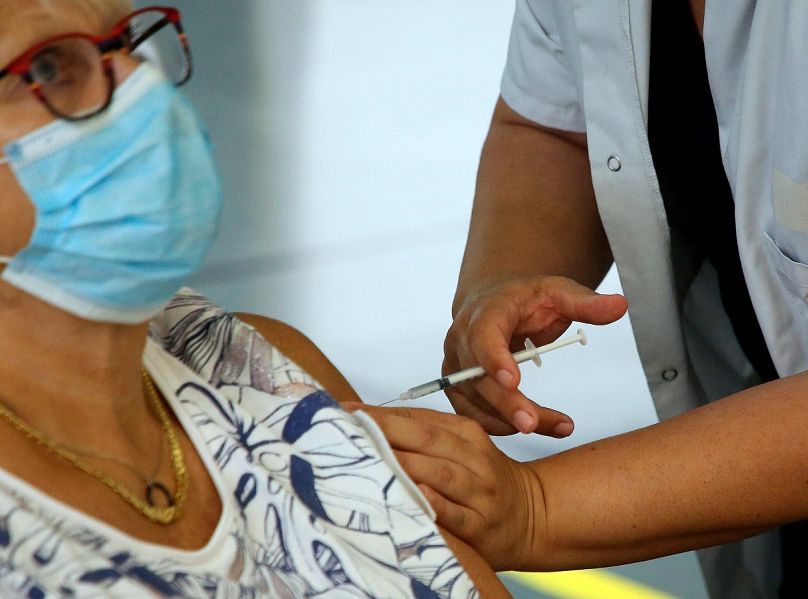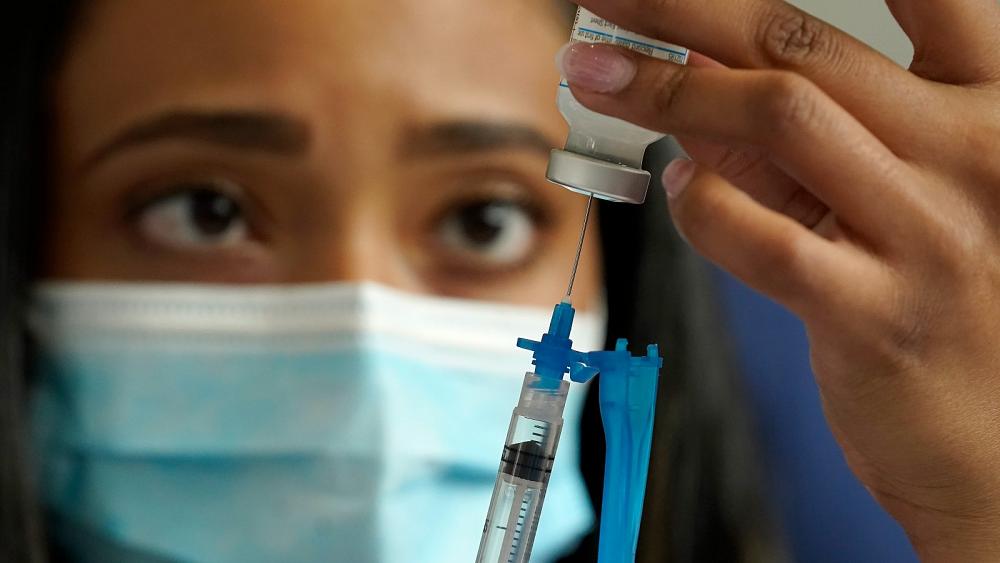The United States Center for Disease Control Prevention has updated reporting on inflammation of the heart, known as myocarditis and pericarditis, following mRNA COVID-19 vaccines. However it still emphasises the vaccines are safe and effective.
It follows a statement from health officials on Wednesday saying they plan to strengthen cautions about a rare side effect of some COVID-19 vaccines — chest pain and heart inflammation, mostly seen in teenagers and young adults.
Top U.S. government health officials, medical organizations, laboratory and hospital associations and others continue to stress the overriding benefit of the vaccines.
“The facts are clear: this is an extremely rare side effect, and only an exceedingly small number of people will experience it after vaccination. Importantly, for the young people who do, most cases are mild, and individuals recover often on their own or with minimal treatment,” the statement said.
Rare link between Pfizer, Moderna and heart inflammation
There does seem to be a link between the Pfizer and Moderna shots and some cases of heart inflammation, experts said at a meeting Wednesday of an outside panel that advises the Centers for Disease Control and Prevention on vaccinations.
The CDC says there have been more than thousand reports of people with these adverse effects after getting a Pfizer-BioNTech or Moderna vaccine since April 2021. However, given that more than 177 million people have received at least one dose of a COVID-19 jab in the U.S, these reports are considered rare.
That risk “seems to me, and to many others, to be much lower than the risk of COVID,” said Dr. Brian Feingold, a University of Pittsburgh heart specialist who is not a member of the panel.

Moderna is waiting for approval from the European watchdog to use its COVID-19 vaccines on adolescents.
So far the European Medicines Agency has approved four vaccines for use in people aged 16 or over: Pfizer/BioNtech, AstraZeneca/Oxford University, Moderna, and Johnson & Johnson.
In the U.S. there have been nearly 2,800 COVID-19 deaths among adolescents and young adults, and more than 4,000 youths have suffered a dangerous condition called MIS-C that appears to be linked to the coronavirus. COVID-19 itself also can cause heart inflammation.
The expert panel did not vote to change its recommendation to CDC that Americans as young as 12 get the shots.
The confirmed cases have occurred mostly in males adolescents and young adults aged 16 and over. They’re usually after the second dose, and typically reported within days of the vaccine, CDC said.
Myocarditis is inflammation of the heart muscle, while pericarditis is inflammation of the outer lining of the heart. Both occur when the body’s immune system causes inflammation in response to an infection or some other trigger.
Myocarditis and pericarditis are associated with chest pain, shortness of breath, feelings of having a fast-beating, fluttering or pounding heart also known as palpitations.
One of the first Americans diagnosed with vaccine-linked heart inflammation was Sean Morrison, a scientist in Dallas. Three days after his second dose, he developed intense pain in his chest that he said felt like a heart attack.
He was hospitalized for four days as doctors investigated. They did not see any lingering effects, but they advised him to avoid exercise so his heart could recover.
Morrison, a stem cell biologist at the University of Texas Southwestern Medical Center, praised the vaccines as a crucial weapon in the battle against a virus that has killed about 600,000 Americans. But he also called for more research into the side effect.

